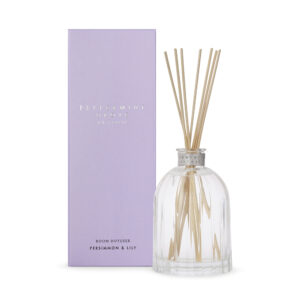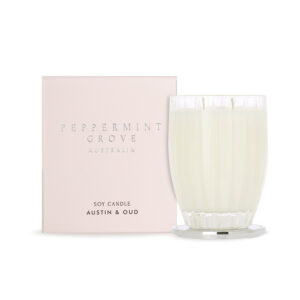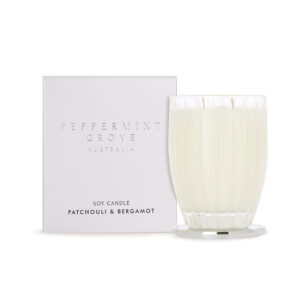Formerly used to light homes, today candles are almost exclusively decorative elements. While no longer a necessity, candles persist in keeping a place of choice in our homes for their soft light and, very often, pleasing aroma.
As such, natural scented candles remain particularly popular products because they combine the ancient aesthetics of a beautiful candle with the pleasant fragrances of delicate perfumes.
The market for scented candles is truly vast and the novice in the field can often find themselves helpless in the face of abundant choice.
While the scent and appearance of a candle are, of course, important criteria to take into account, here are some other elements that shouldn’t be overlooked in choosing the right scented candle.
The choice of fragrances
In order to achieve constant scent diffusion throughout the life of the candle, the perfume must be mixed with the wax.
When this isn’t the case and the fragrance is only deposited on the surface of the candle, it disappears within the first minutes of combustion. Such candles quickly smell of nothing. This is often the case with low-end candles, sold at low prices.
Natural scented candles offer a variety of scents that you can choose from depending on your tastes, the season or the location you intend to place them.
The fragrances are classified into five categories:
- Woody and spicy scents
Deep and intense, they create a sensual atmosphere in your chosen space.
- Floral scents
Natural and fresh, they give off the sweet smell of freshly cut flowers.
- Fresh scents
Soft and relaxing, these perfumes are reminiscent of long naps under the shade of a tree or by the water.
- Fruity and gourmet scents
Sweet and sensual, these flavours bring a deliciously tasty touch. - Powdery scents
Delicate and refined fragrances which leave a pleasant and cocooning scent in their wake.
The origin of wax
The wax used to make a scented candle can be of mineral, plant or animal origin.
Mineral wax
Also known as paraffin wax, mineral wax comes from a complex refining process of crude oil.
When properly extracted, the resulting paraffin wax is very pure, and its combustion poses no health hazard. This is why it’s advisable to verify the origin. Europe, the United States and Japan follow very strict standards and produce a wax free of any toxicological risk.





